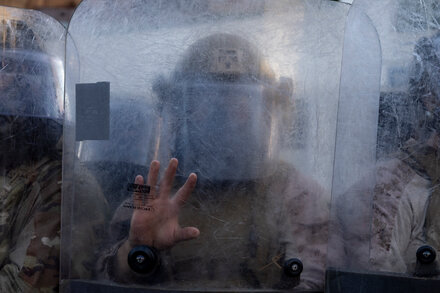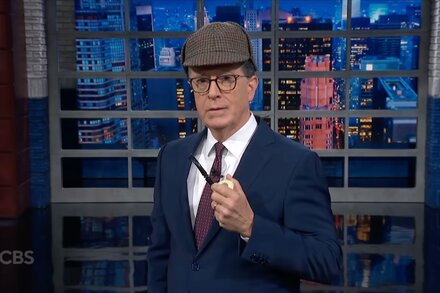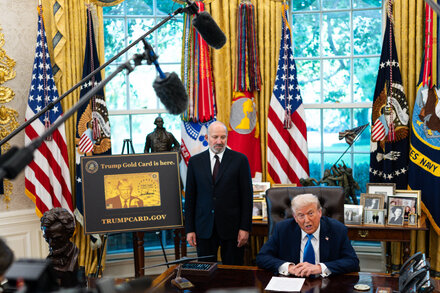Across the globe, concerns are mounting over an increasingly restrictive environment for free expression, as governments and institutions grapple with the complexities of digital communication, geopolitical conflicts, and internal political pressures. Observers note a trend towards tighter controls on speech, both online and offline, raising alarms among human rights advocates and civil liberties organizations.
The landscape of free speech is being reshaped by a confluence of factors, including the intensification of international conflicts, the proliferation of disinformation, and evolving legislative efforts to regulate online content. From democratic nations to authoritarian regimes, the impulse to manage public discourse appears to be strengthening.
One significant catalyst for this global trend has been the recent conflict in Israel and Gaza. The war has ignited intense debate and protest worldwide, prompting governments and institutions to intervene in various ways. Measures have ranged from bans on specific protests to the removal of content from social media platforms and, in some cases, the prosecution of individuals for their expressions. Critics argue that such actions often blur the lines between legitimate security concerns, combating hate speech, and suppressing dissent.
“In times of heightened geopolitical tension, the space for critical speech often shrinks dramatically,” stated a recent report from Amnesty International. “Governments are increasingly weaponizing laws, often under the guise of national security or countering extremism, to silence voices that challenge official narratives or express solidarity with marginalized groups.”
Beyond specific conflicts, the broader push to regulate online content has led to a complex interplay between state power and technology platforms. Many governments are enacting or proposing legislation aimed at compelling social media companies to remove content deemed harmful, illegal, or misleading. While proponents argue such measures are necessary to combat hate speech, incitement to violence, and foreign interference, critics warn of the potential for overreach and the chilling effect on legitimate speech.
Evolving Political Landscape and Proposed Regulations
In the United States, discussions around free speech have become increasingly polarized, with debates often centering on the role of social media companies, government pressure on platforms, and the boundaries of protected expression. Political figures from across the spectrum have, at various times, advocated for stricter content moderation or, conversely, for increased protection against perceived censorship by tech companies. Proposals from influential political figures often underscore a desire to re-evaluate existing legal frameworks governing online speech, such as Section 230 of the Communications Decency Act.
Such proposals, whether focusing on national security, election integrity, or cultural values, reflect a growing global trend where political leaders are exploring new ways to assert control over information flow and public discourse. These discussions, while often framed as addressing legitimate societal harms, contribute to a global environment where the parameters of free speech are constantly being tested and redefined.
Human rights organizations continue to monitor these developments, emphasizing the importance of upholding international standards for freedom of expression and ensuring that any restrictions are necessary, proportionate, and non-discriminatory. The ongoing challenge lies in balancing the need to protect public safety and social cohesion with the fundamental right of individuals to express themselves freely without fear of reprisal.
Source: Read the original article here.





